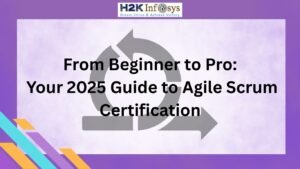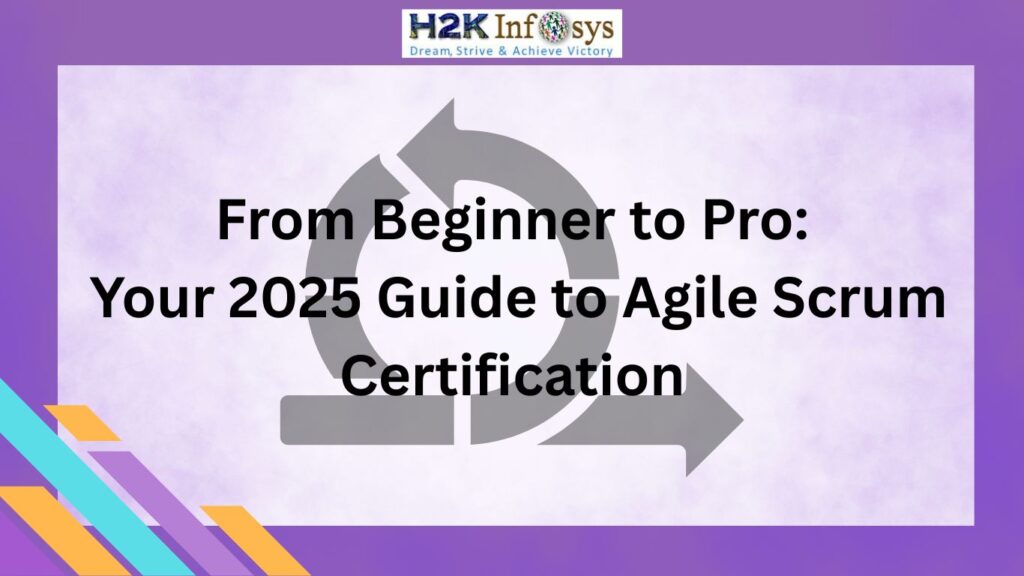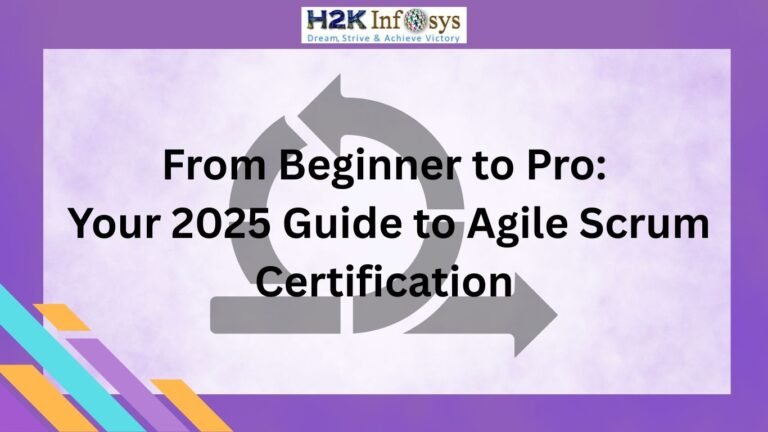A career as a Salesforce Business Analyst offers exciting opportunities to work at the intersection of technology and business. As companies increasingly rely on Salesforce to manage their customer relationships, the demand for skilled professionals who can bridge the gap between technical teams and business stakeholders has grown significantly. If you’re preparing for a Salesforce Business Analyst job interview, it’s essential to understand what to expect and how to showcase your skills and experience effectively. This comprehensive guide will cover everything you need to know to succeed in your interview, including common questions, necessary skills, and practical tips.
Understanding the Role of a Salesforce Business Analyst
Before diving into the specifics of the interview process, it’s crucial to understand the core responsibilities and expectations of a Salesforce Business Analyst. This role involves:
- Requirement Gathering: Collaborating with stakeholders to gather, analyze, and document business requirements.
- Solution Design: Translating business needs into technical solutions using Salesforce’s capabilities.
- User Training and Support: Educating end-users on Salesforce functionalities and providing ongoing support.
- Data Analysis and Reporting: Analyzing data to provide insights and recommendations for business improvements.
- Project Management: Coordinating with various teams to ensure successful project delivery.

Preparing for the Salesforce Business Analyst Interview
Preparation is key to acing any interview, especially for specialized roles like a Salesforce Business Analyst. Here’s a breakdown of the critical areas you should focus on:
Understanding Salesforce’s Ecosystem
To excel in a Salesforce Business Analyst interview, you must deeply understand the Salesforce platform, including its features, products, and services. Be familiar with:
- Salesforce Sales Cloud
- Service Cloud
- Marketing Cloud
- Community Cloud
- Salesforce Lightning Experience
Having hands-on experience with these components can be a significant advantage.
Familiarity with Business Analysis Techniques
As a business analyst, you should be well-versed in various business analysis techniques and methodologies. Key areas to focus on include:
- SWOT Analysis
- Use Case Modeling
- Process Mapping
- Gap Analysis
- Requirements Elicitation Techniques
These tools and methods help identify business needs and translate them into actionable solutions.
Knowledge of Salesforce Best Practices
Understanding Salesforce best practices is crucial, as it demonstrates your ability to design and implement efficient solutions. Key areas to study include:
- Data Management and Security
- Automation (Workflows, Process Builder, Flow)
- Customization (Custom Objects, Fields, Page Layouts)
- Integration with Third-Party Systems
Communication and Soft Skills
As a liaison between technical teams and business stakeholders, strong communication and soft skills are vital. Be prepared to demonstrate your ability to:
- Effectively Communicate Technical Concepts to Non-Technical Audiences
- Collaborate with Cross-Functional Teams
- Manage Stakeholder Expectations
- Adapt to Changing Business Needs
Common Salesforce Business Analyst Interview Questions
During the interview, you’ll likely encounter a mix of technical, behavioral, and situational questions. Here are some common questions to expect and tips on how to answer them:
Technical Questions
- Explain the Salesforce Data Model.
- Discuss the core objects (Accounts, Contacts, Opportunities) and their relationships.
- Highlight the importance of understanding custom objects and fields.
- How would you design a solution for a new business requirement?
- Explain your approach, from gathering requirements to designing and implementing the solution.
- Emphasize the importance of user adoption and training.
- What are some common Salesforce automation tools, and when would you use them?
- Discuss tools like Workflow Rules, Process Builder, and Flow.
- Provide examples of scenarios where each tool would be appropriate.
Behavioral Questions
- Describe a time when you had to manage a challenging stakeholder.
- Share a specific example, focusing on your communication and negotiation skills.
- Highlight the outcome and what you learned from the experience.
- How do you prioritize multiple projects with competing deadlines?
- Discuss your approach to time management and prioritization.
- Mention any tools or techniques you use to stay organized.
- Can you provide an example of a successful Salesforce implementation you led?
- Outline the project’s scope, your role, and the impact on the business.
- Emphasize any challenges you faced and how you overcame them.
Situational Questions
- A stakeholder requests a feature that isn’t feasible within the current Salesforce setup. How do you handle this?
- Explain how you would communicate the limitations and explore alternative solutions.
- Highlight your problem-solving skills and ability to manage expectations.
- How would you approach a situation where users are not adopting a new Salesforce feature?
- Discuss strategies for understanding user concerns and providing training and support.
- Emphasize the importance of user feedback and continuous improvement.
- What would you do if you discovered a critical issue during a Salesforce deployment?
- Detail your approach to troubleshooting and resolving the issue.
- Mention the importance of clear communication and maintaining project timelines.
Key Skills and Qualities of a Successful Salesforce Business Analyst
To stand out in your Salesforce Business Analyst interview, showcasing the following skills and qualities is essential:
Analytical Skills
A successful Salesforce Business Analyst must be able to analyze complex business processes and identify areas for improvement. Demonstrating your analytical skills through past projects and experiences will be crucial.
Technical Proficiency
While you don’t need to be a developer, understanding Salesforce’s technical aspects, such as data modeling, security, and automation, is vital. Be prepared to discuss your technical knowledge and how it applies to real-world scenarios.
Communication and Interpersonal Skills
Effective communication is critical in this role, as you’ll be working with diverse teams and stakeholders. Highlight your ability to convey technical concepts clearly and collaborate with others.
Problem-Solving Skills
The ability to think critically and solve problems is essential for a Salesforce Business Analyst. Be ready to discuss how you’ve addressed challenges in previous projects and your approach to finding solutions.
Project Management Experience
Experience managing projects, particularly Salesforce implementations, is highly valuable. Discuss any project management methodologies you’re familiar with, such as Agile or Scrum, and how you’ve applied them.
Preparing for the Interview
To ensure you’re fully prepared for your Salesforce Business Analyst interview, consider the following steps:
- Review Your Resume and Past Projects
- Be ready to discuss your previous experiences, focusing on relevant projects and accomplishments.
- Study Salesforce Documentation and Resources
- Stay up-to-date with the latest Salesforce releases and best practices.
- Practice Common Interview Questions
- Rehearse your answers to technical, behavioral, and situational questions.
- Prepare Questions for the Interviewer
- Have thoughtful questions ready to demonstrate your interest in the role and the company.
Conclusion
A Salesforce Business Analyst job interview is an opportunity to showcase your unique skills and experiences. By understanding the role’s expectations, preparing for common interview questions, and highlighting your key strengths, you can increase your chances of landing the job. Remember, confidence and preparation are key—approach your interview with a positive attitude and a willingness to learn, and you’ll be well on your way to a successful career as a Salesforce Business Analyst.






























